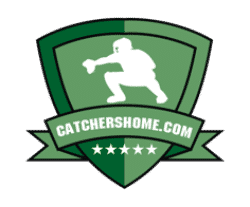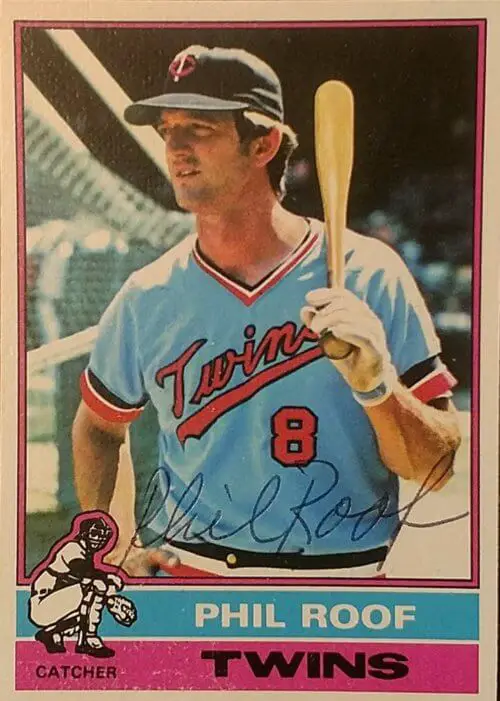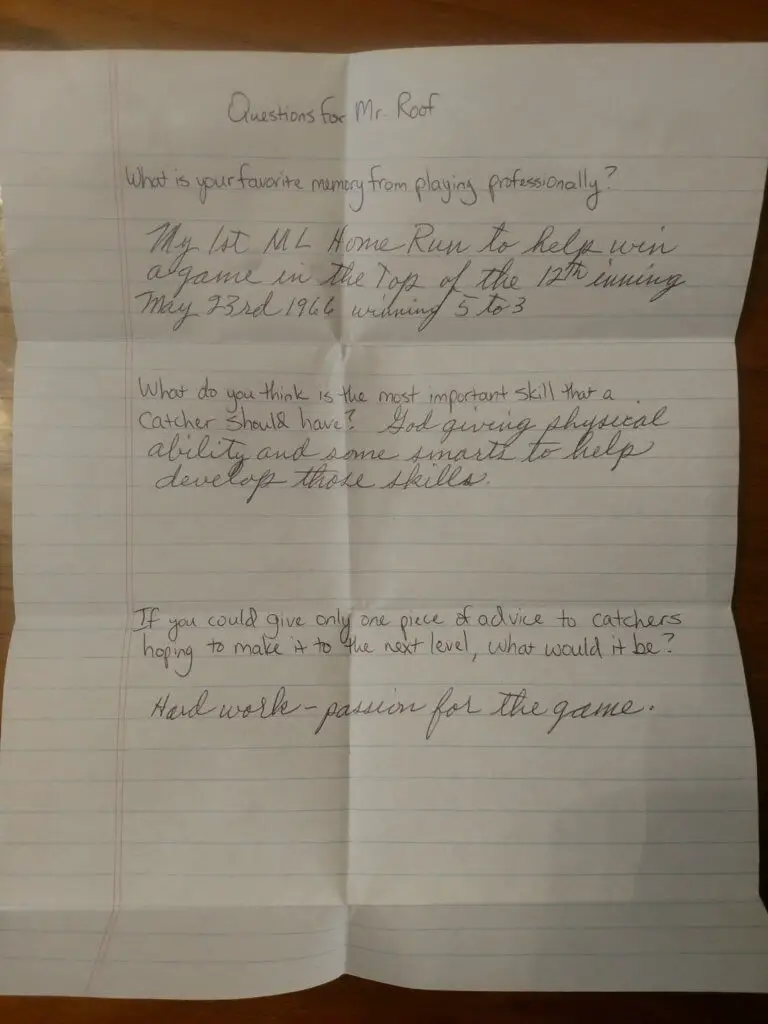Pro Perspective: Phil Roof
MLB Teams: Milwaukee Braves, 1961, 1964; California Angels, 1965; Cleveland Indians, 1965; Kansas City/Oakland Athletics, 1966 - 1969; Milwaukee Brewers, 1970 - 1971; Minnesota Twins, 1971 - 1976; Chicago White Sox, 1976; Toronto Blue Jays, 1977.
MLB Catcher
Phil Roof was born in 1941 in the town of Paducah, Kentucky.
He grew up in a truly talented baseball family, as his cousin and a brother both played in the major leagues. Three of his other brothers also played minor league baseball, as have a few of his nephews.
Roof was signed by the Milwaukee Braves in 1959, at the old age of 18. He broke into the majors with the Braves in 1961 at only 20 years old.
After seeing limited playing time, Phil was traded to the Los Angeles Angels for the 1965 season, where he stayed only briefly before being traded to the Cleveland Indians in June of 1965.
That offseason, the Indians traded Roof to the Kansas City Athletics, where he would stay for the next four years (including their move to Oakland). He was teammates on the A's with legendary players like Reggie Jackson, Catfish Hunter, and Rollie Fingers, among others.
Roof had his best season in 1966 when he appeared in 127 games for the A's, racking up 77 hits, including 7 home runs.

He was traded to the Milwaukee Brewers for the 1970 season, then traded again late in the 1971 season to the Minnesota Twins, where he would stay through 1976. While on the Twins, Phil shared the field with Hall of Famer's Rod Carew, Harmon Killebrew, and Bert Blyleven.
Roof would go on to hit .302 in 1975, despite only playing in 62 games that year. He was picked up by the Chicago White Sox for the latter half of the 1976 season, then played his final season with the expansion Toronto Blue Jays.
He retired after the 1977 season following his release from the Blue Jays, ending his playing career at 36 years of age.
Although Roof was never a strong hitter, he stuck around in the big leagues from 1961 - 1977 because of his strong defensive abilities behind the plate.
Second Career as Coach and Manager
Phil immediately got into coaching after his playing days ended, joining the San Diego Padres staff for the 1978 season as a bullpen coach.
He joined the Seattle Mariners coaching staff in 1983, and was a part of the Seattle franchise through the 1988 season. Roof then worked as a bullpen coach for the Chicago Cubs in 1990 and 1991.
From 1992 - 2005, Phil served as manager for several minor league clubs at the AA and AAA level, all of which were farm clubs to the Minnesota Twins.
Roof was a very successful minor league manager, racking up over 1,000 managerial wins and winning the 2000 Pacific Coast League (AAA) Manager of the Year award.
He officially retired from organized baseball after the 2005 season, though he still attends the Twins' spring training from time to time.
Q&A with Phil
Phil Roof has been around the game of baseball for a number of decades now. He knows a TON about the game that we all love.
He also has a unique perspective being that he is a former professional catcher, a coach to professional catchers, and a manager of entire teams.
In short, Phil has big league knowledge and leadership experience. So I was eager to pick his brain and to share his responses with my readers.
I wrote a letter to Phil a few weeks back, and he graciously took time to sign a card of mine and answer a few questions.
I wanted to share these responses with the readers of Catchers Home, as I believe his answers are helpful, especially for younger catchers.
Here are his responses to my questions, as you'll see in the picture below.
Question 1: What is your favorite memory from playing professionally?
Answer: My first ML Home Run to help win a game in the top of the 12th inning. May 23rd 1966 winning 5 to 3. (My commentary: This was against the Washington Senators. Phil hit a two run shot to center field to win the game. The pitcher he hit it off of was named Casey Cox.)
Question 2: What do you think is the most important skill that a catcher should have?
Answer: God giving physical ability and some smarts to help develop those skills
Question 3: If you could give only one piece of advice to catchers hoping to make it to the next level, what would it be?
Answer: Hard work - passion for the game.
Sound advice! Like Rene Lachemann told us, you have to be committed and work your butt off to get to the next level. You also have to have passion for the game to sustain that hard work, or else you risk "burning out".
Thanks for Reading
We hope to share more Pro Perspectives with you in the coming weeks and months. Keep on the lookout for them!
Scott Perry
Scott Perry is the owner and lead author at Catchers Home. He's a former baseball player, a current coach, a husband and a Dad. He remains as passionate about baseball today as he was as a kid.



